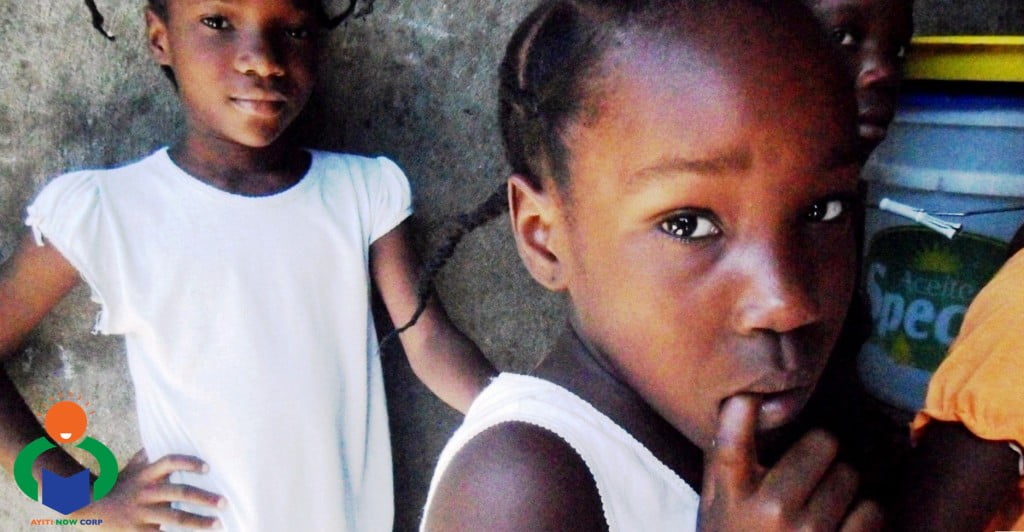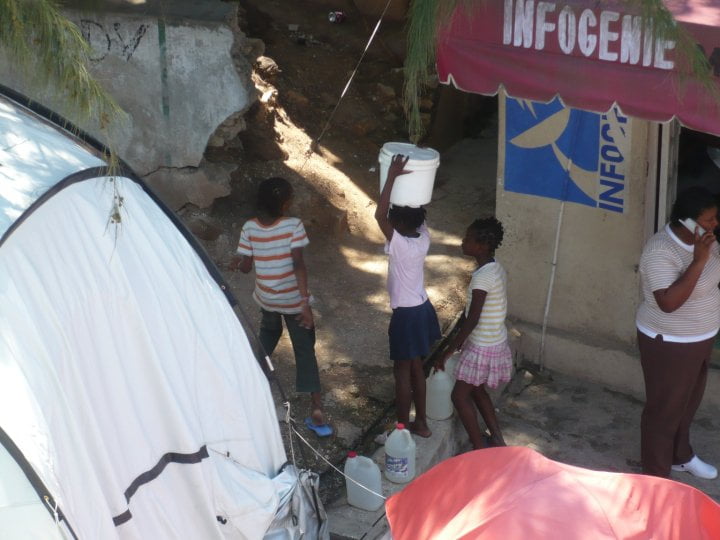November 5, 2016
Categories: Access, Recipients, Restavek
Tags: 2002, fafo, law, Restavek, workers
In Haiti, like in many other developing countries, a formal education is highly valued. However, 61% of children between the ages of five and 17 are not educated or under-educated. This includes 37% who are enrolled in school but have fallen behind, 18% who never enrolled, and 6% who are dropouts. The prevalence of child […]
August 20, 2016
Categories: Recipients, Restavek, Strategies
Haiti’s Model Communities Ending Restavek Child Domestic Servitude. The results of an evaluation of the Freedom for Haiti’s Children. Infographic produced by Ayiti Now Corp’s Volunteers (PDF Infographic).
March 17, 2016
Categories: Restavek
Tags: Haiti earthquake, IBESR, law, Restavek
Many host families do not even have the resources to send their own children to school since there is a dearth of free and public education. Furthermore, in most cases, host families themselves are poor and are often unable to properly feed even their own children. In fact, the PADF and USAID study found that […]
March 8, 2016
Categories: Restavek
Tags: Children, family, host, parents, Restavek
Parents in dire economic straights give their children away as a means of coping with their poverty. Parents see child placements as an opportunity for social mobility for the child and the family. They believe working as a domestic servant in the city at least increases the child’s opportunity to access education and other services […]
March 4, 2016
Categories: Restavek
Tags: abuse, girls, law, Restavek
Restavèks are mistreated, neglected, and abused emotionally, physically, and sexually in a myriad of ways. The majority, approximately two-thirds, of restavèk are girls. Girl restavèk are particularly vulnerable to the sexual abuse of males in the host family. In fact, restavèk girls are sometimes called la pou sa, there for that. Some restavèk, while not suffering from […]


